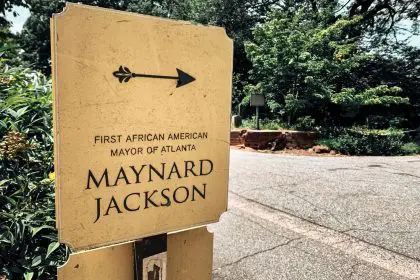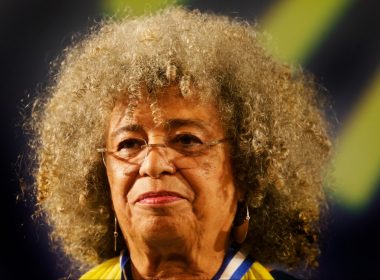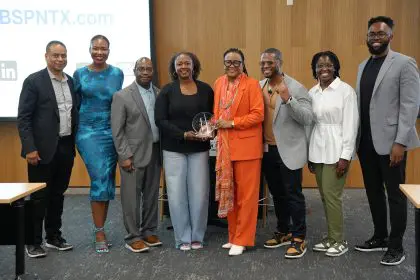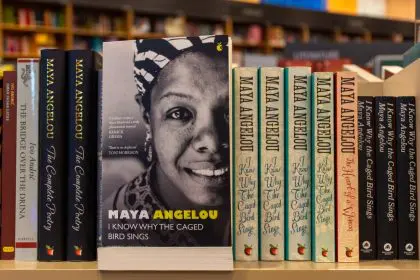In a poignant interview that traverses decades of personal and professional transformation, Judge Glenda Hatchett emerges as a compelling figure whose life story embodies the persistent struggle for equality in America. Her narrative, marked by moments of profound adversity and remarkable triumph, offers a masterclass in converting pain into purpose.
The water fountain incident
The story begins in a small South Carolina town, where a curious child’s innocent desire to taste “white water” became a defining moment in Hatchett’s life. “I was curious as to whether the white water tasted differently,” she recalls, describing the incident at a Sears Roebuck store that ended with her being violently thrown to the ground by two enraged boys. The incident, occurring before she was old enough for kindergarten, left an indelible mark on her consciousness.
Legacy of resilience
The strength to overcome such trauma, Hatchett reveals, stems from a rich familial legacy. Her father, whom she describes as her eternal hero, instilled in her an unwavering belief in her potential. “My father told me I could be anything in the world,” she shares, her voice carrying the weight of those formative words. This encouragement proved particularly powerful against the backdrop of a society that, in her words, “didn’t expect very much of little colored girls.”
Her grandmother’s story adds another layer to this legacy of resilience. A Spelman College graduate who spent her life working as a domestic worker because “the world didn’t value her,” she represents the generations of talented African American women whose potential remained largely untapped due to systemic barriers.
From the bench to the frontlines
Hatchett’s legal career has evolved far beyond her well-known role as a television judge. Her practice now focuses on cases that reflect her personal mission to address systemic inequities. The tragic loss of her daughter during childbirth has fueled her passion for addressing the maternal health crisis affecting Black women, who are three to four times more likely to die in childbirth than white women.
“Eighty-four percent of these deaths are preventable,” she emphasizes, the statistics carrying extra weight coming from someone who has experienced this tragedy firsthand. Her work on high-profile cases, including representing Philando Castile’s family and securing a $36 million civil judgment in the Bobby Christina case, demonstrates her commitment to pursuing justice through legal channels.
The dare to take charge movement
In 2025, Hatchett is launching a new chapter in her mission to empower others through her “Dare to Take Charge” project. The initiative, which includes a planner and journal, aims to help people move beyond wishful thinking to purposeful action. “If you are just dreaming and you don’t have a plan, then you’re gonna just be stuck,” she explains, characterizing the project as a practical tool for transformation.
Her approach to mentorship reflects this same practical wisdom. She shares a remarkable story about making a young offender serve as a human alarm clock for their lawyer mentor, highlighting her belief in the importance of reciprocity in mentoring relationships. “We need to make these relationships more reciprocal,” she insists, though she admits to not always following this advice with her own mentees.
As our conversation concludes, Hatchett’s message resonates with particular urgency. “If you have power, and you don’t use it for the good of others, then you don’t deserve to have it,” she declares. In an era marked by continued struggles for equality and justice, her words serve as both a challenge and a blueprint for meaningful change.
Through her work on the bench, in the courtroom, and now through her empowerment initiatives, Judge Hatchett demonstrates how personal pain can be transformed into public purpose. Her journey from a little girl confronting segregation to a powerful advocate for justice offers a compelling testament to the possibility of progress through purposeful action and unwavering commitment to service.

















